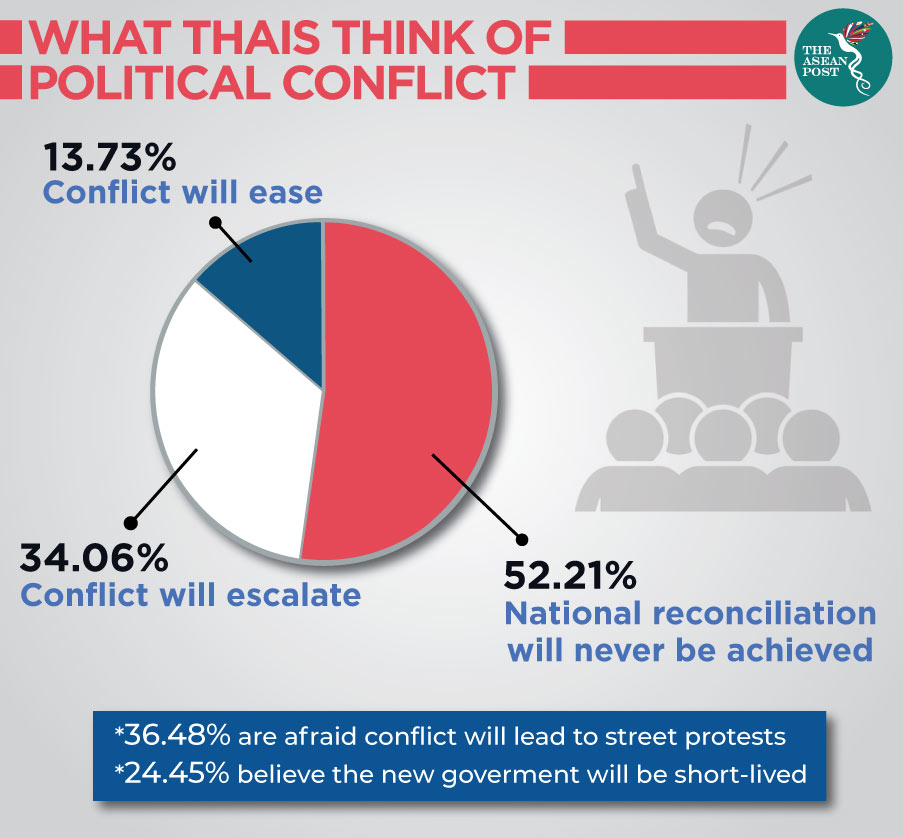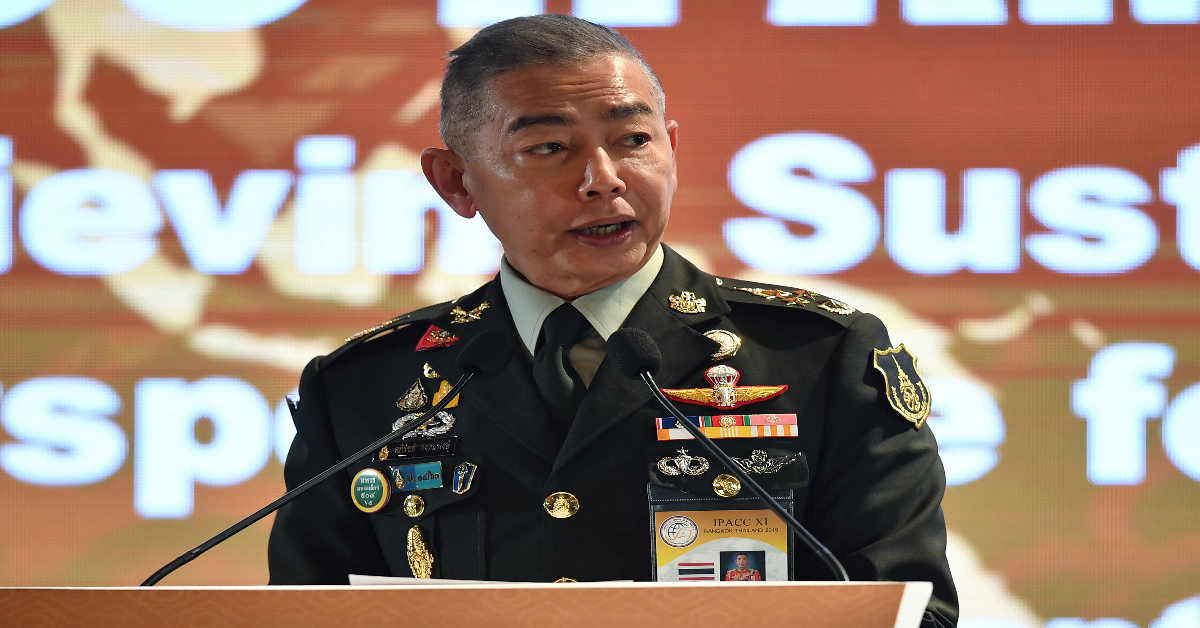6 October, recently, marked exactly 43 years since the Thammasat University massacre in Thailand back in 1976, an attack by state forces and far-right paramilitaries on student protesters on the campus of Thammasat University and the adjacent Sanam Luang Square in Bangkok. Prior to the massacre, 4,000 to 5,000 students from various universities demonstrated for more than a week against the return of former military dictator Thanom Kittikachorn to Thailand from Singapore.
To this day, the number of casualties remains in dispute between the Thai government and survivors of the massacre. According to the government, 46 died in the killings, with 167 wounded and 3,000 arrested. Many survivors claim that the death toll was well over 100.
The attackers had accused the students of sympathising with left-leaning revolutions sweeping through the region at the time. From 1973 to 1976 there was growing unrest and instability, as well as the fear of communism from neighbouring countries spreading to Thailand and threatening the interests of the monarchy and the military.
The massacre was 43 years ago but fast forward to today and at least one man seems to fear that history will repeat itself. This man is none other than new army general Apirat Kongsompong who, on 11 October, accused some politicians, academics and "old communist elements" of using "hybrid warfare" to undermine the country and the high institution.
“It (hybrid warfare) involves both, regular military forces which are deployed to maintain national security, and irregular forces such as terrorist groups, crime, anti-state activities, and those involved in the bomb attacks at eight locations in Bangkok (in early August)," he was quoted as saying.
He also slammed a politician who met Hong Kong student activist Joshua Wong after the Chinese embassy issued a statement accusing a Thai politician of contacting a group involved in the ongoing protests in Hong Kong. Apirat did not name the politician but showed a picture of the Hong Kong activist and another person whose picture was removed.
However, on Mr Wong's Facebook account, the picture shows Mr Wong and Future Forward Party (FFP) leader, Thanathorn Jungroongruangkit.

In response, the media quoted FFP secretary-general Piyabutr Saengkanokkul as saying that Apirat was meddling in politics and instigating hatred by attempting to paint those with more progressive views as enemies of the state.
“The speech reinforced conflicts and divide. As we’ve seen during the Cold War, people labelled as communists became enemies of the state, marked for elimination by any means. You’re trying to evoke another Cold War in this country when there isn’t one,” Piyabutr said, referring to the 1976 massacre.
Inevitable conflict?
Earlier this year, before the country’s latest election, the Suan Dusit Rajabhat University in Bangkok, Thailand, discovered that the majority of Thais believe that political polarisation will continue even after the country’s new government is in place and that the problem will not be resolved easily because it is deeply entrenched in Thai society. This is based on findings from Suan Dusit’s latest poll which sought to gauge the opinions of 1,107 people between 22 and 25 May on the subject of “The People and Their Wait for the New Government”.
Asked about political conflict before and after the formation of the new government, 52.21 percent of respondents believe that national reconciliation will never be achieved because the divisions have been deeply entrenched for a long time, while 34.06 percent believe that the conflict would escalate because none of the parties in the conflict would accept each other.
Another important finding was that, of those polled, 36.48 percent were afraid that the conflict might lead to street protests and 24.45 percent believe the new government would be short-lived.
More recently, veteran Thai political analyst and former student activist Thirayuth Boonmee was quoted as urging rival factions to end the "enemy mindset", which he says also preceded the 1976 massacre.
"At that time, students were deemed a communist threat and could be killed with the impunity of karma. That enemy mindset has now returned," he was quoted as saying.
Considering Thailand’s extremely rocky political history, it would do both, the army and political parties well to heed Thirayuth’s warning.
Related articles:
